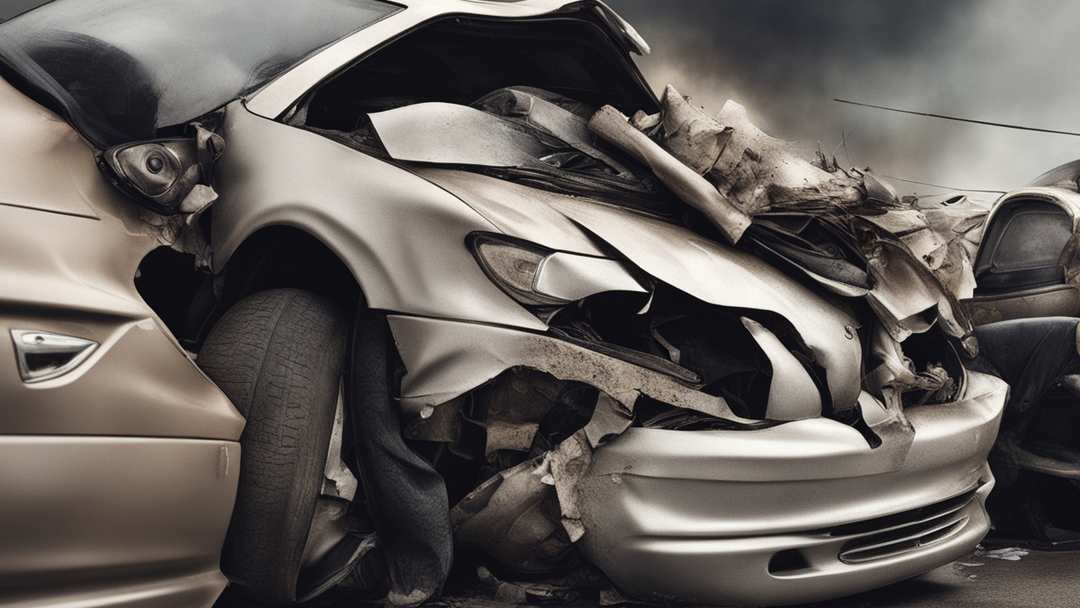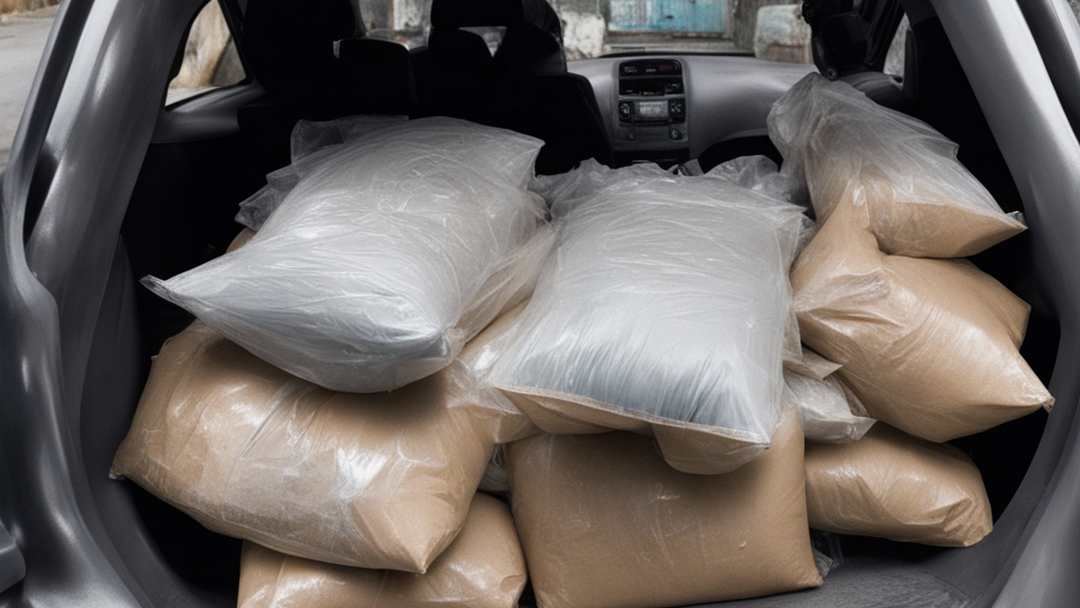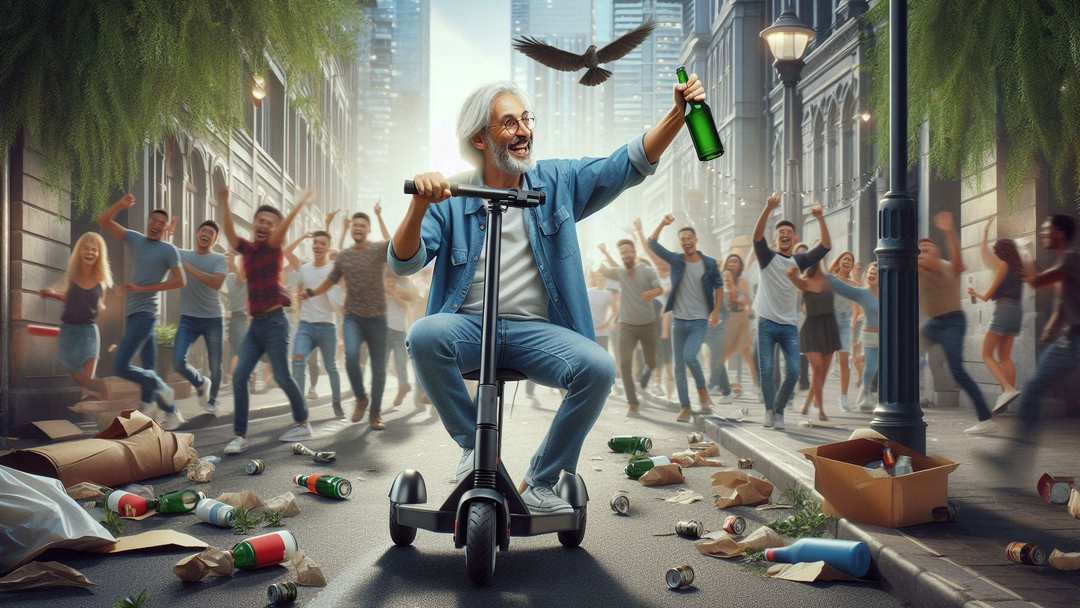
Traffic FAQs – Traffic Crashes & Reports
Traffic FAQs – Traffic Crashes & Reports
- Know the laws if you get pulled over.
- Know who to call if you need legal defense if a violation turns into a DUI or worse. That would be us.
Traffic Crashes & Reports
Beginning in July 2005, the State of Michigan launched a new website dedicated to online purchasing of traffic crash reports.
Interested parties may be able to purchase a copy of a traffic crash report taken by any Michigan law enforcement agency.
Traffic Crash Purchasing System
Question: I was involved in a traffic crash in the past and need a copy of the report. Where can I obtain one?
Answer: Interested parties such as individuals involved in the crash and/or their attorney, and insurance companies should contact the Traffic Crash Purchasing System(TCPS) via the internet at the aforementioned link. If unable to do so you can contact the Michigan State Police Post that responded to the crash. A listing of state police posts is follows.
Each post retains traffic crash reports for the current year plus two years. If the crash occurred prior to that you must request a copy of the report from the Criminal Justice Information Center using a Freedom of Information Request form.
In addition, if you are not an interested party as described above, you must complete a Freedom of Information Request to obtain a specific traffic crash report.
Complete the form with as much information as possible and mail to the address listed on the form.
If another agency other than the Michigan State Police responded and completed a crash report, you will need to contact that agency directly or utilize the TCP.
DUI Charges?
Sometimes it’s cheaper in the long run to fight them
Call to Fight for your Rights (248) 357-2550
The Michigan Point System
Each traffic violation has a point value, which is set by law in the Michigan Vehicle Code.
Question: What is a State of Michigan Traffic Crash Report (UD-10)?
Answer: The State of Michigan Traffic Crash Report (UD-10) is a form that must be completed by law (MCL 257.622) on all reportable crashes. The report is completed by all law enforcement agencies and is forwarded to the Michigan State Police for analysis for the purpose of furnishing statistical information and preparing compiled crash data.
Here’s the law
257.622 Report of accidents resulting in death, personal injury, or property damage; forms; analysis; use; retention.
Sec. 622.
Disclaimer: This Frequently Asked Questions page is provided solely as a means of providing basic answers to questions about the Michigan Vehicle Code and is not designed or intended to provide a basis to contest a citation for a violation of the code. The positions stated are only those of the Michigan Department of State Police and are not binding on any other law enforcement agency or any Court. If our position is supported by case law then it will be enumerated within the answer provided. Source of Information – Traffic Laws FAQ





